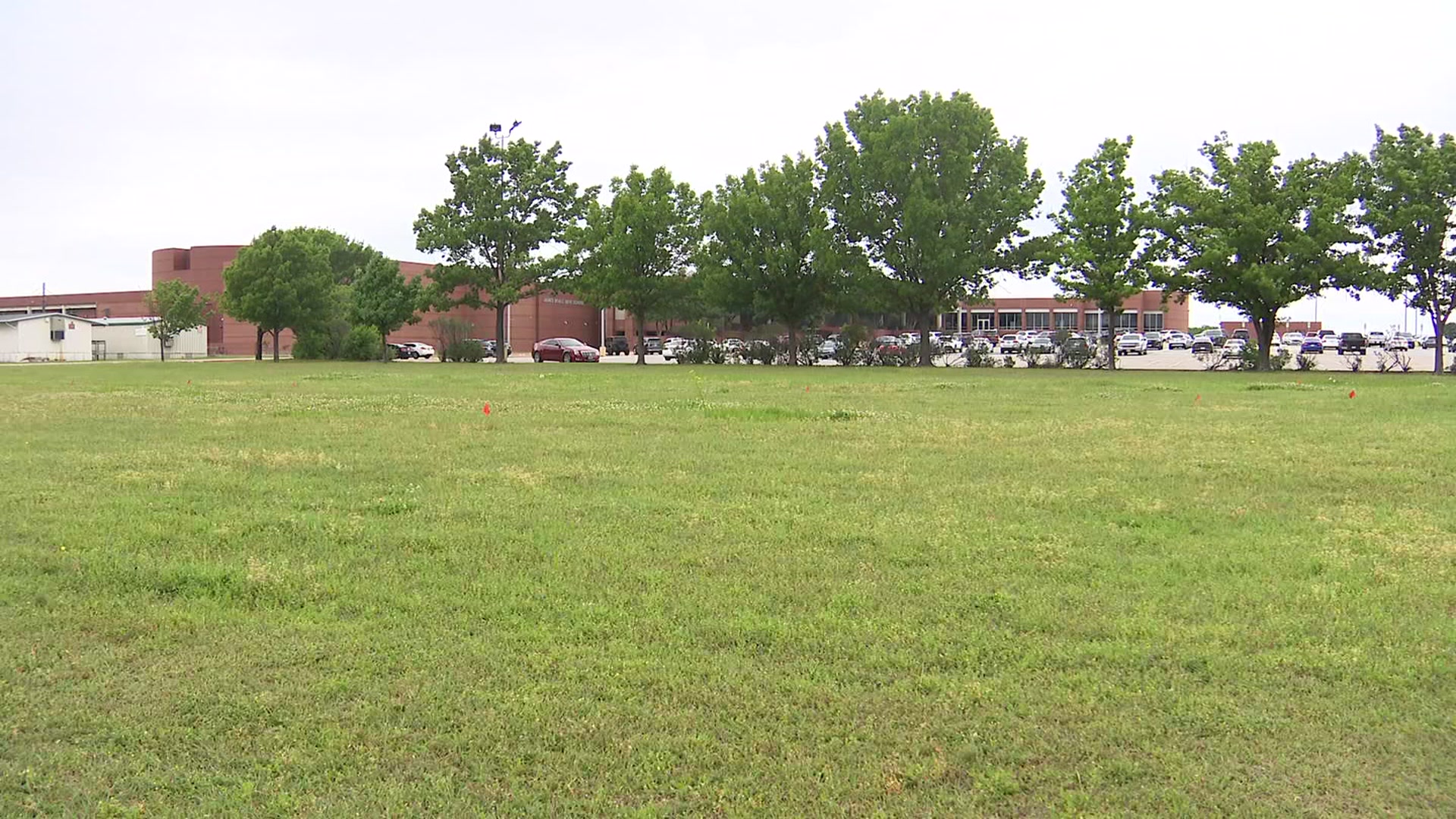A new military initiative at the George W. Bush Institute focuses on psychological affects of war on veterans and their return to civilian life.
According to the institute, when the general public thinks of a service member injured while fighting in a conflict zone, they likely think of visible wounds – like limb loss or severe burn – however some men and women return with symptoms of the invisible wounds of war: post-traumatic stress, traumatic brain injury, or both.
The message from Col. Miguel Howe, the director of the Military Service Initiative at the Bush Institute, is that with proper care, these wounds are treatable and warriors can continue to lead on and off the battlefield.
"Those who return home with the invisible wounds of war – post-traumatic stress, traumatic brain injury and others – may find it challenging to tackle the barrier their injury presents to meaningful transition to civilian life," Howe said.
He is leading the effort at the Bush Institute to work with community partners to better the mental health care available for returning veterans.
"For a lot of reasons connected to the broader issue mental health care, we, as a nation, have a lot of work to do to improve the high quality of care," Howe said.
He says stigmas and stereotypes exist within and outside of the military community, and military members hesitate to ask for help because they believe that it will make them look weak, that their families and friends won't understand, or that it will negatively impact their employment opportunities.
Local
The latest news from around North Texas.
He also says some feel that if they do ask for help, it will affect their ability to find a job.
"When they take off that uniform, we still need that leadership in our businesses, in our communities, in our families and across our nation," Howe said.
And while the U.S. Department of Veterans Affairs, he says, is doing what it can, the Bush Institute is pushing for better care and resources in the private and non-profit arena.
"We now see almost 45,000 nonprofits across the country who have emerged to serve and support military families," he said.
Metrocare Services' Steven A. Cohen Military Family Clinic in Addison is one of those nonprofits.
It opened in June and has already counseled hundreds of families, accepting each case regardless of someone's ability to pay.
"The VA, in many cases, is not a place where the veteran themselves would like to go. Or the VA might be, in some cases, challenged to get people in in a timely fashion, so it's critical to fill that gap," said Dr. John Burruss, CEO of Metrocare Services.
Click here for more information on the wellness work at the Bush Center.



